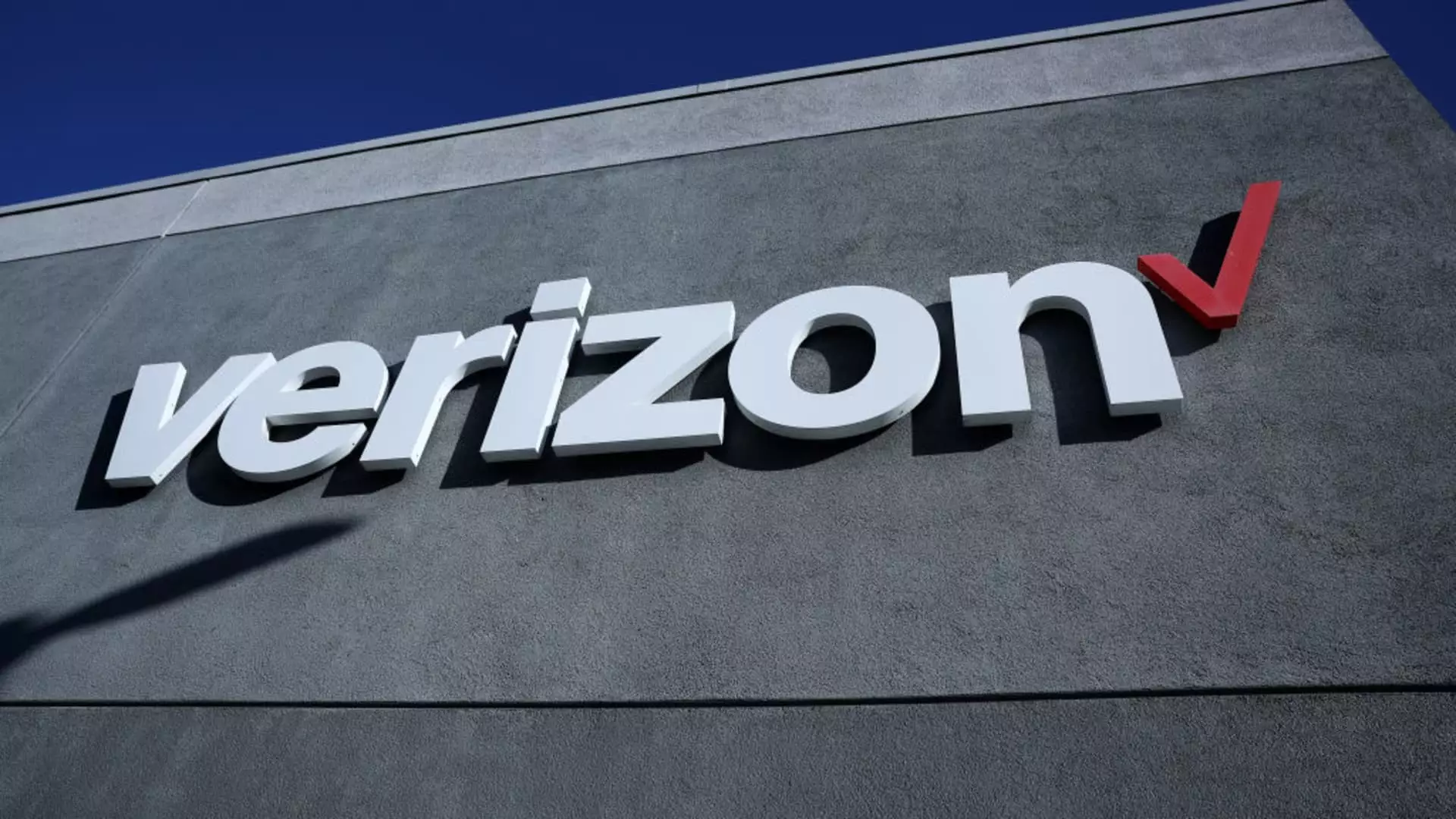In an era dominated by unpredictable shifts and relentless economic upheavals, the unwavering pursuit of stable income through dividend stocks might seem like a safe harbor. But beneath the surface of seemingly reliable payouts lies a complex web of vulnerabilities and false assurances. Investors at first glance are lured by attractive yields and optimistic analyst forecasts, yet this comfort often masks underlying risks that can unravel swiftly. It’s crucial to scrutinize whether these dividends are truly sustainable or merely a temporary cushion in an increasingly unstable financial landscape.
Many analysts highlight stocks like EOG Resources, Williams Companies, and Verizon — names that are frequently painted as dependable generators of income. However, their narratives are often oversimplified. The narrative that large-cap, high-yield firms are inherently safe misses the critical nuances of market cycles, geopolitical tensions, and sector-specific fragilities. While the rhetoric emphasizes their cash flow and strategic acquisitions, the reality entails significant exposure to volatile commodities, regulatory uncertainties, and environmental risks that threaten their long-term viability.
The Overreliance on Analyst Optimism: A Dangerous Illusion
One of the most troubling aspects of contemporary dividend investing is the overdependence on optimistic analyst ratings. Banks like TipRanks aggregate expert forecasts and present them as gospel, often reinforcing a narrative of stability that might not be entirely justified. Many of these ratings, while profitable to those who follow them, tend to be overly reactive or overly optimistic about what companies can achieve in the short and medium term.
Consider the case of EOG Resources, celebrated for its planned dividend increases and expansion into shale formations. The narrative is optimistic: strong free cash flow, strategic acquisitions, and robust production. But what isn’t emphasized is the sector’s susceptibility to sudden price swings driven by geopolitical unrest, climate policies, and technological shifts. The promise of higher dividends often discounts the risks inherent in heavily leveraged firms or those operating in extractive industries that are increasingly scrutinized by political and social movements.
Similarly, Williams and Verizon are portrayed as resilient giants. Yet, their future growth hinges on developments like pipeline projects and subscriber retention—areas vulnerable to regulatory blocking, technological innovation, and changing consumer preferences. Analyst sentiments, while comforting, squint at the turbulent horizon, forgetting that market conditions can pivot swiftly against these seemingly unassailable giants.
The Myth of Safe Income in a Systemic Crisis
History repeatedly demonstrates that financial safety nets constructed solely on dividend yields are fragile. The COVID-19 pandemic, the collapse of oil prices, and the recent banking upheavals serve as stark reminders that no company, regardless of its current stability, is immune to systemic shocks. Relying on high-yield dividend stocks can give a false sense of security, diverting attention from the fundamental vulnerabilities that may be concealed behind impressive payout figures.
The assumption that large companies with strong cash flows can indefinitely maintain their dividends is naive. When economic tides turn, companies often resort to dividend cuts, share buybacks are halted, and capital is reallocated to survive crises. The illusion that dividends are a fortress of invincibility not only fosters complacency but also discourages investors from rigorous risk analysis. In a world where rapid technological change, climate risks, and geopolitical conflicts are now the norm, the notion of stable, guaranteed income stocks is increasingly misplaced.
The Center-Left Perspective: A Call for Caution and Responsibility
From a centrist, liberal perspective, there is an urgent ethical responsibility to approach dividend securities with nuanced skepticism rather than blind faith. Investors must recognize that corporate sustainability extends beyond dividend yields and short-term analyst ratings. Companies bear a social responsibility to adapt to environmental challenges, invest in innovation, and maintain transparent governance—elements that don’t always align with the pursuit of immediate dividends.
Relying excessively on dividend payouts may inadvertently incentivize companies to prioritize short-term shareholder returns over long-term resilience. This shortsightedness can exacerbate economic inequalities and destabilize broader markets, especially if too many investors abandon diversification for the promise of quick income. Instead, an enlightened approach advocates for robust risk management, diversification in sectors with intrinsic resilience, and a focus on companies that demonstrate genuine commitment to sustainable practices.
The narrative driven by Wall Street analysts often reinforces this illusion of safety, creating a bubble of complacency that risks bursting with severe consequences. Responsible investing should prioritize fundamental strength, adaptability, and a comprehensive understanding of systemic vulnerabilities. It’s time for investors to question whether their pursuit of dividends aligns with broader societal and economic stability, or if it merely feeds a cycle of short-term gains at the expense of long-term security.

